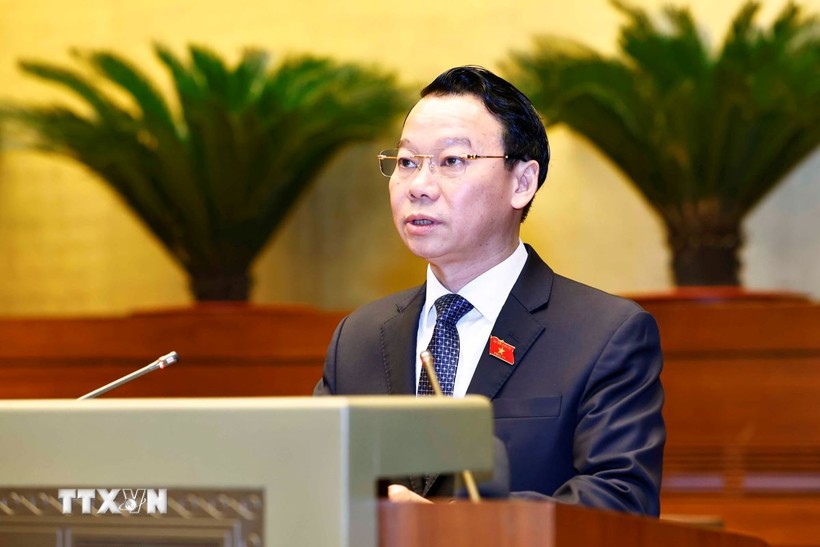HCMC – The National Assembly (NA) is deliberating a draft resolution aimed at easing the process for developers to acquire land for commercial housing projects. The proposed policy seeks to tackle the country’s housing shortage and escalating property prices.
Minister of Natural Resources and Environment Do Duc Duy has introduced the resolution during the ongoing eighth sitting of the 15th NA. If approved, the pilot program would apply nationwide, allowing real estate businesses to access a broader range of land types, including agricultural land and land designated for specific purposes.
The program targets developers who acquire land use rights, already hold them, or implement projects on land designated for relocation due to environmental or urban planning needs, according to the Vietnam News Agency.
Developers would be permitted to build commercial housing on agricultural, non-residential, residential, or mixed-use land, provided they meet conditions aligned with local land use plans and obtain necessary approvals from provincial agencies and relevant ministries.
Minister Duy emphasized that the proposal aims to address challenges faced by developers in securing land, which has been a key factor driving property prices upward. By expanding the types of land available for housing projects, the Government hopes to increase the housing supply and alleviate pressure on land costs.
However, the draft resolution has sparked debate among NA deputies. Concerns have been raised about the policy’s broad scope, particularly regarding the inclusion of agricultural land and land designated for defense and security purposes, which could result in unintended consequences.
The NA Economic Committee has called for a thorough review of the program’s implementation. It has also requested clarification on whether the new rules will apply to all land use right agreements or only those made after the resolution is enacted.
This initiative follows a March 2024 proposal by the Ministry of Natural Resources and Environment to pilot a similar policy, allowing developers to undertake housing projects on non-residential land through specific land use agreements.









